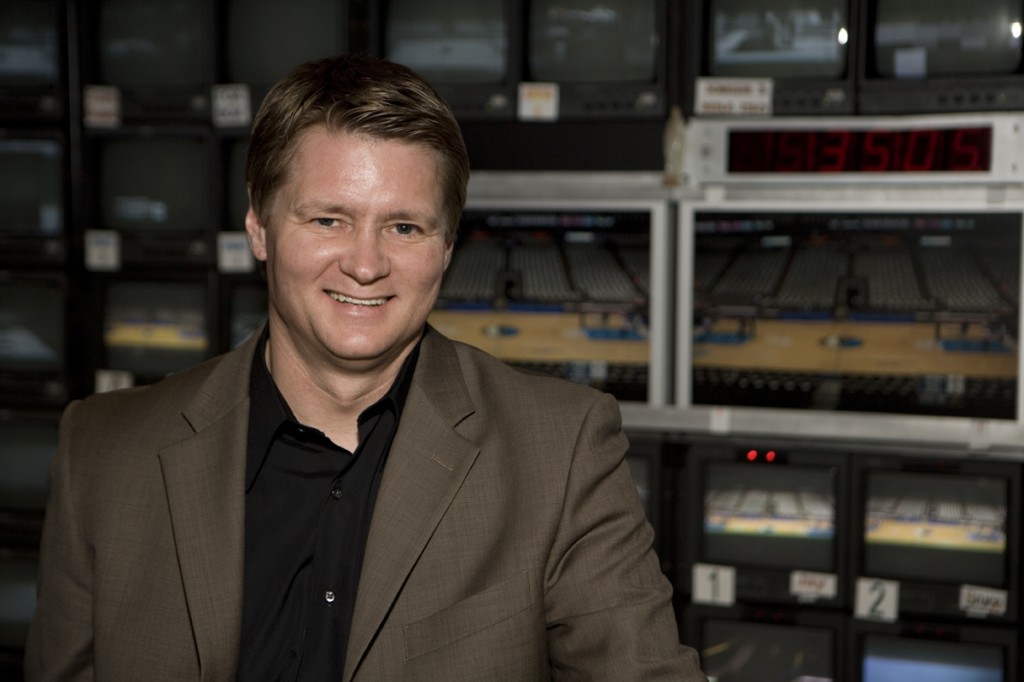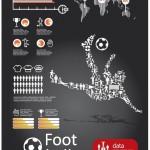This is a guest post from Dave Evans
This subject came up in a meeting I attended about three weeks ago with several sports broadcast executives. Jerry Steinberg, a Senior VP at Fox Sports, posed the question of training … and the floodgates opened. A discussion that was intended to cover at least three other topics remained focused on this one issue.
The first thing that this meeting made evident was that this is one of the most critical concerns facing the business of sports broadcasting, live remote sports television in particular. In the last decade or more, not enough attention has been paid to the next generation of broadcasters, but that is changing. It is now on the radar at very high levels within the industry.
But why is this such a critical issue?
The short answer is that as technology changes and shows get more and more complicated, competent technicians are at a premium. There are a lot of very capable people on these jobs. But many of them are aging baby boomers. In many markets, there is not enough depth at the “skill” positions.
With various technological advancements and the entrance of HD television, regional sports networks have for some time now been under pressure to produce telecasts that are as polished as, and almost undistinguishable from, their national network counterparts.
One example of this is 5.1 audio. Larger national network broadcasters can often travel their own audio mixer and control the audio equipment used. RSN’s, however, are generally at the mercy of utilizing whatever local audio mixer is available. Often, the decision is made not to do 5.1 audio because the best mixer is not available.
So what now?
Realizing the validity of the issue is only the first step in what is a more complex problem than it appears. I mean, young people should be lining up to train for the variety of positions it takes to put a live sports broadcast on the air. So let’s line them up and get them trained. But there are a lot of factors that too often serve as obstacles to training. In some cases technicians view training as self-destructive (is this guy I’m teaching going to replace me?). In some markets, the union has to sign off. In many cases, potential trainees have no idea where to start. In most markets, there is simply not a mechanism in place to train people.
Which brings us to perhaps the biggest obstacle to training … getting started? At this point, the question becomes, “who is responsible for training the next generation of broadcasters?” Sports networks? Mobile TV and equipment vendors? Colleges?
The answer is all of the above…and then some. It must be a joint effort. One dimensional approaches have been tried. In the past, many have pointed the finger toward vendors to be the teachers because they know the equipment. But it is one thing to know how to use the equipment. It an entirely different situation to use that knowledge competently during the frantic pace of a live broadcast.
Vendors, national networks, regional sports networks, educational institutions, unions, and individual technicians all have a vested interest in the success of training the next generation. And each of these entities brings a unique individual perspective to the training program. When their efforts are combined, the result will be a more complete and stable depth chart on the broadcast production roster.
The fact that we are even talking about this is good news for aspiring broadcast producers and technicians. Opportunities are there and efforts are now underway to bring these various entities together (and don’t underestimate what an undertaking it is just bringing all of these groups together). It will take time, but it is a great step forward for all involved. Perhaps I’ll have more information soon on what the next steps are for the prospective trainees!
Dave Evans is a Sports Emmy and Telly Award winning broadcaster who has been in the business for 28 years. He has worked in both radio and television as an announcer, producer, director, and executive.





This is a very good point and a worrying trend in modern business circles. Youngsters are just not trusted enough to be given the reins in a career like broadcasting.
At <a href=http://www.ensltd.com>ENS Ltd</a>, a <a href=http://www.ensltd.com>sports PR agency</a> based in Waterloo, we believe that it is important to give young employees responsibility and allow them to learn quickly from their mistakes. They will never learn anything as glorified PA’s, they have to be given a chance.
This is a very good point and a worrying trend in modern business circles. Youngsters are just not trusted enough to be given the reins in a career like broadcasting.
At ENS Ltd (http://www.ensltd.com), a sports PR agency based in Waterloo, we believe that it is important to give young employees responsibility and allow them to learn quickly from their mistakes. They will never learn anything as glorified PA’s, they have to be given a chance.
Its like you read my mind! You appear to know a lot
about this, like you wrote the book in it or something.
I think that you could do with a few pics to drive the message home
a bit, but instead of that, this is fantastic blog. A great read.
I’ll certainly be back.
Great goods from you, man. I’ve understand your stuff previous
to and you are just extremely fantastic. I really like what you’ve acquired here, certainly like what
you’re saying and the way in which you say it.
You make it entertaining and you still care for to keep it sensible.
I cant wait to read much more from you. This is actually
a great web site.
Hey there I am so glad I found your weblog, I really found you by error, while I was researching on Googlle for something else, Anyhow I
am here now and would just like to say cheers for a remarkable post and a all round exciting blog
(I also love the theme/design), I don’t have time to look over it all at the moment but I have saved it and also added your RSS feeds, so when I have time
I will be back to read a lot more, Please do keep up the awesome jo.